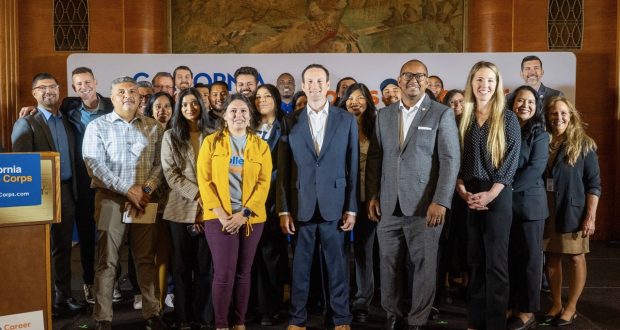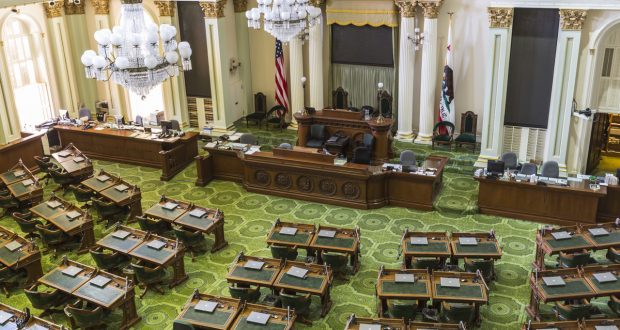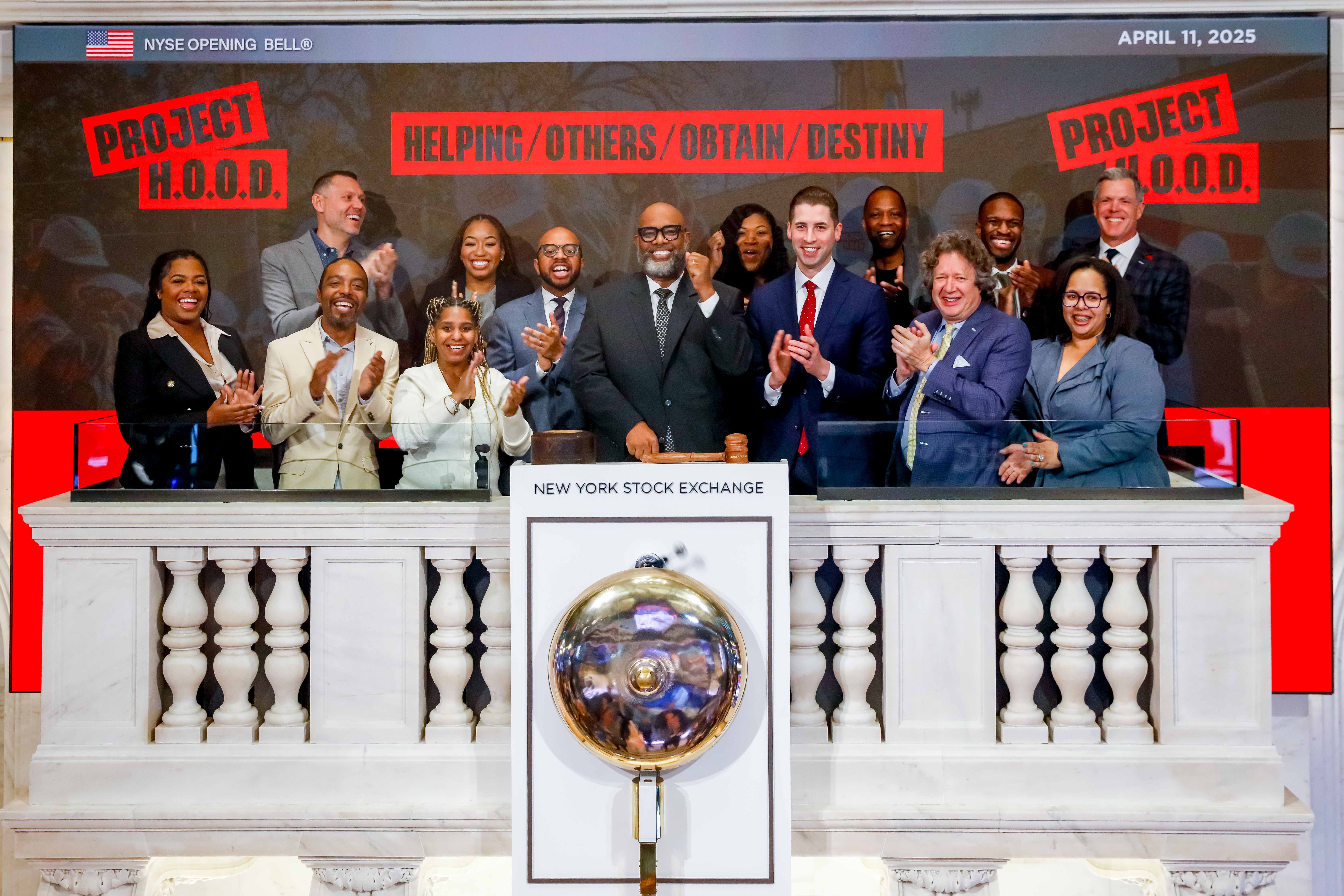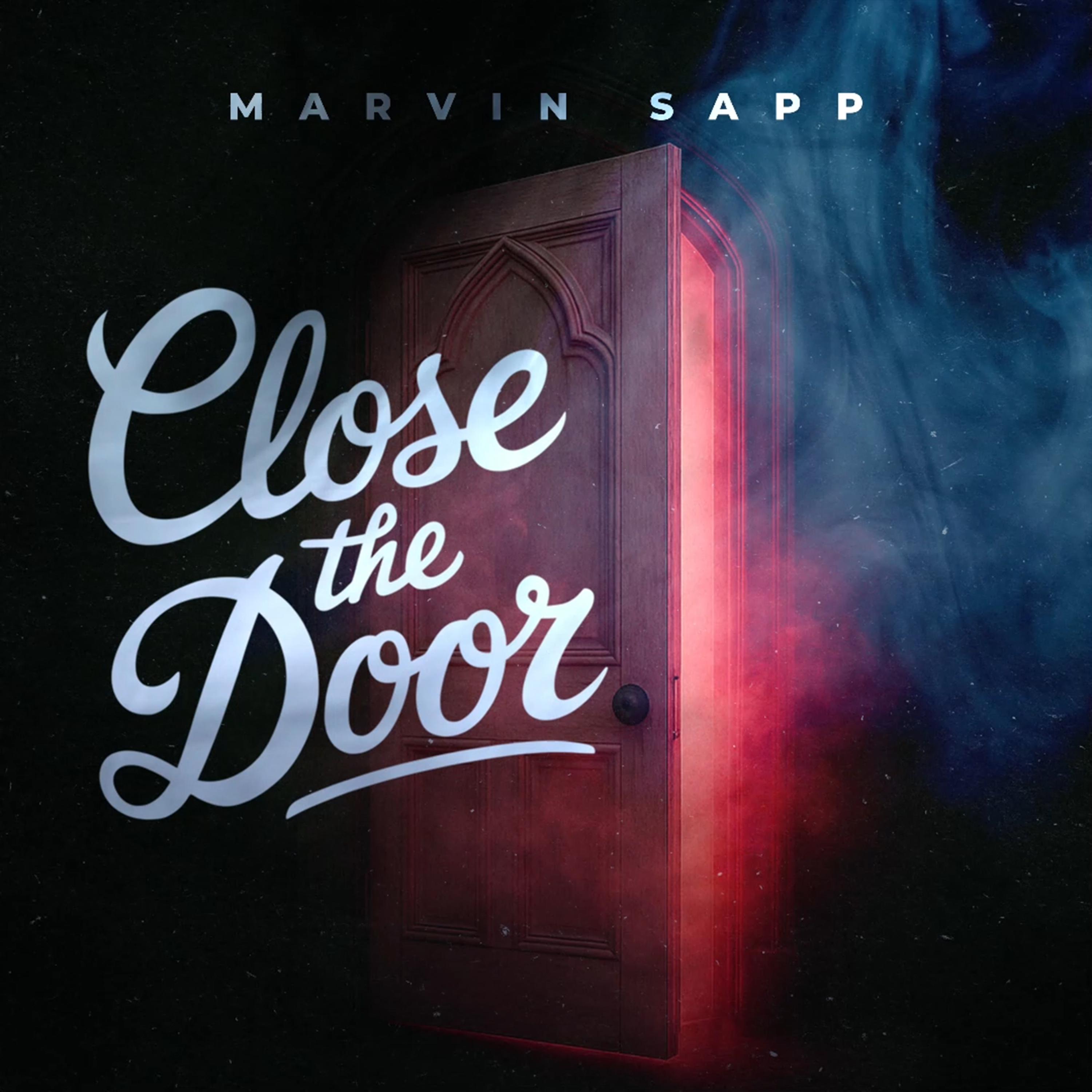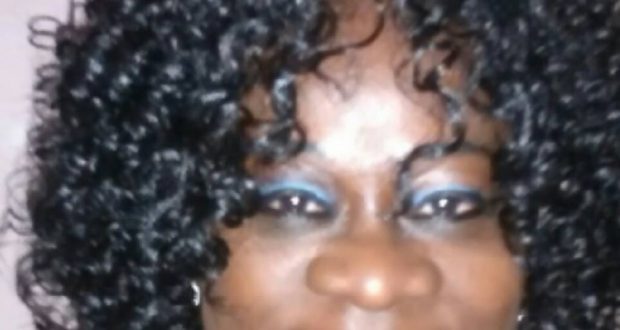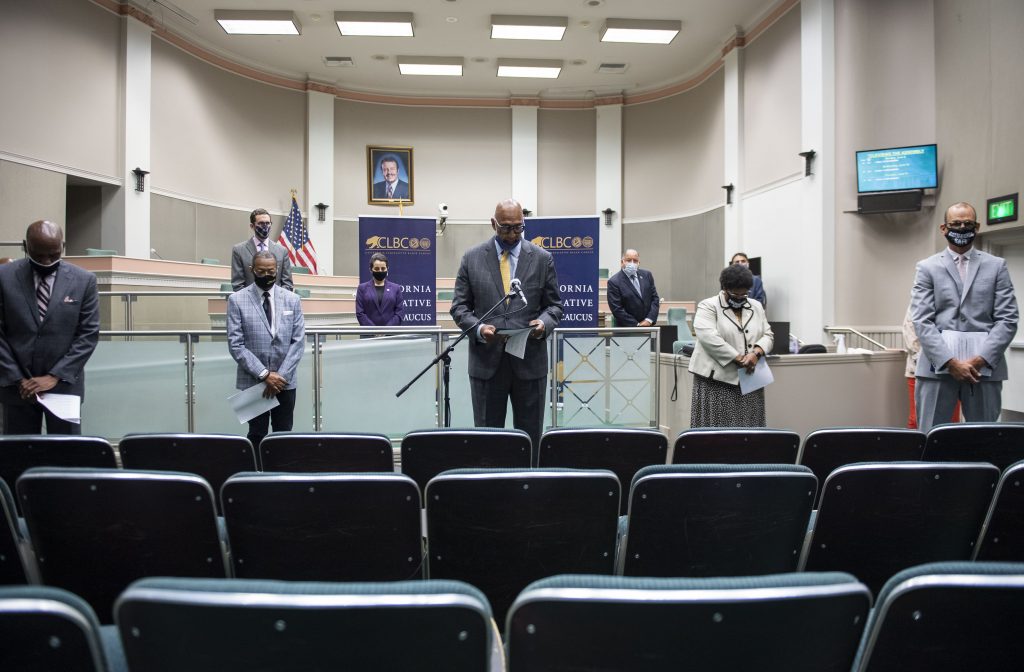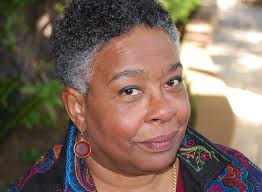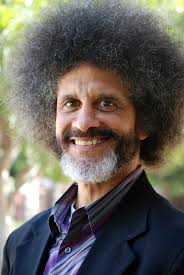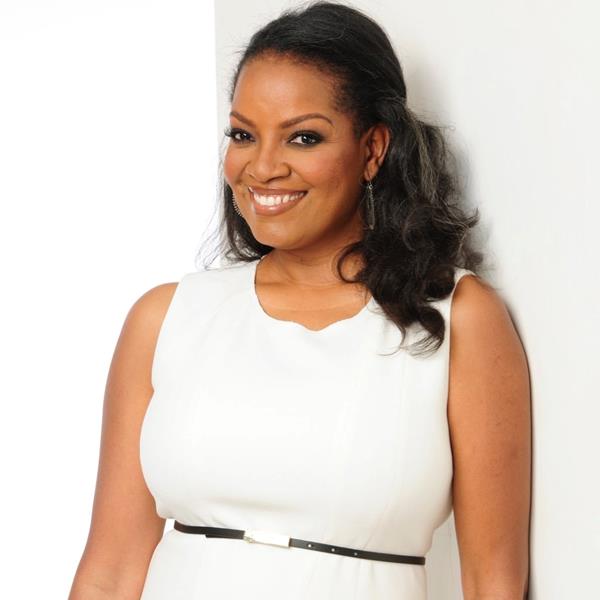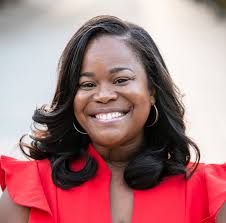By Lou Yeboah
At 2:45 p.m. on Friday, local time, in the year of 2011, life was normal in Japan.
People were working. Students were in class. Shoppers were in grocery stores. Trains were running and passengers were loading airplanes. Banks were open, government officials were in meetings, and lovers were thinking of dinner dates later that night. Power plants were running smoothly, roads were in the right place, and dock workers were preparing goods to be loaded on cargo ships.
At 2:46, without warning, the earth began to shake.
When it comes to earthquakes and tsunamis, Japan is the most prepared country in the world. Immediately, power was cut off to all power plants. Warning signals blared across the land. Students dove under desks, just as they’d been trained to do. Buildings swayed, but did not fall, just as they’d been built to do. Government, military and law enforcement officials went into emergency mode, just as they’d all drilled to do.
But the earth kept shaking.
Eighty miles out, in the deep blue seascape of the Pacific Ocean, six miles above the massive movements of the earth’s plates, salt water was being churned and tossed about with a force far stronger than any force ever created by man. The first waves slammed into the shoreline two hours later, 23 feet above the beaches that had been so calm just an hour earlier. Cars, ships, houses and chucks of roadway were swept along with the water, destroying everything in the path of the surge.
The aftershocks came, one after another, until more than 50 had been recorded.
By the time the first waves receded into the sea, preparing for yet another blast of water and houses and cars and explosions, hundreds of bodies were already among the litter. At sea, a ship loaded with 100 people was swept away. Tankers were flipped over in their harbors. A passenger train is missing. The whole thing. Missing. The waterfront of Sendai burns out of control, and firefighters can’t reach the area. All roads are broken, or missing.
Inland, 30 miles from the coast, and 50 miles from the worst of the damage, a dam in one town breaks, immediately sending a torrent of water through residential neighborhoods. By the time the damage is surveyed, 1,800 homes had been destroyed in an area that should have felt safe from the danger of a tsunami. Landslides triggered by the earthquake quickly buried other communities, while people were still inside the buildings. As far south as Tokyo, ambulances lined up outside a school where a roof had collapsed on an unknown number of students, teachers, and parents who had gathered for graduation ceremonies. With the collapse of infrastructure, six million homes lost power, and millions of people were looking for food and fresh water within the day. Many of them resorted to walking on the broken highways, hoping to find a way to survive on higher ground.
And on the horizon loomed the worst news of all. There were critical, potentially devastating, problems developing at a nuclear power plant.
Warnings were issued for countries all around the Pacific rim, and Hawaii braced for the worst. The tsunami raced across the surface of the ocean at more than 200 miles per hour, and visions of more destruction terrify coastal communities from Indonesia to New Zealand to the Americas.
Two hours and 14 minutes after the first tremor, officials announce that the death toll was expected to top 1,000. Even as they made the announcement, a magnitude 6.6 earthquake shook central Japan, and skyscrapers in Tokyo swayed as if they were drunk. When it was all over with, the death toll 15, 897.
Such is the nature of an unexpected storm.
This message is to once again warn you that Jesus is coming unexpectedly. As Jesus told the disciples, get into the boat that would take you all across the lake. The disciples survived their storm at sea only because Jesus was in the boat. The key to surviving life’s storms – is having a personal relationship with Jesus. You are to “take heed.” If you ignore God’s provision for your soul’s salvation how will you escape the consequences of such neglect? How will you escape His wrath? (John 3:36); His condemnation? [John 3:18]; His word of banishment? [Matthew 26:41].
God is so good, so merciful and so compassionate. The Scripture says: “it is not the will of God that we should perish.” We are at that point of time where Judah was before the fall of the empire. But nobody is listening like in the times of King Manasseh. Nobody is listening to the Holy Spirit. Jesus said, “Repent, and believe the gospel because your redemption is drawing near. I have not come to call the righteous but sinners to repentance. [Luke 5:32]. “As surely as I live, declares the Sovereign Lord, I take no pleasure in the death of the wicked, but rather that they turn from their ways and live. Turn! Turn from your evil ways! Why will you die?” (Ezekiel 33:11) Jesus died for you. Why will you die?
God gives only a certain time to repent, and after that point, it’s too late. Case in point, Jezebel. God said, “I have given her time to repent of her immorality, but she is unwilling…” [Revelation 2:21-23]… The Bible is full of examples of people given time to repent but they refused: [Genesis 4; Jeremiah 5:3, Amos 4:6, Zephaniah 3:2, and Zechariah 7:1] to name just a few. [2Peter 3:9] tells us, “The Lord is patient towards us. He is not wishing that any should perish, but that all should reach repentance.” That’s God’s heart. He wants us to repent. That why He gives us time to repent. That’s why He pleads with us to repent. That’s why He sends people; ministers, preachers, friends, family members who beg us to repent. Jezebel was not ignorant of her sin. She knew what she was doing, and she refused to repent. Therefore it became too late for her to repent – not because God wouldn’t pardon her, but because she had hardened her heart. Jezebel had been confronted, she’s resisted, and she refused to repent. Don’t be a Jezebel. The door of repentance is still open. There’s still hope, but not forever.… [Hebrews 12:17]… God’s EMS- This is not a test- Action is required. Repent!
 Westside Story Newspaper – Online The News of The Empire – Sharing the Quest for Excellence
Westside Story Newspaper – Online The News of The Empire – Sharing the Quest for Excellence

